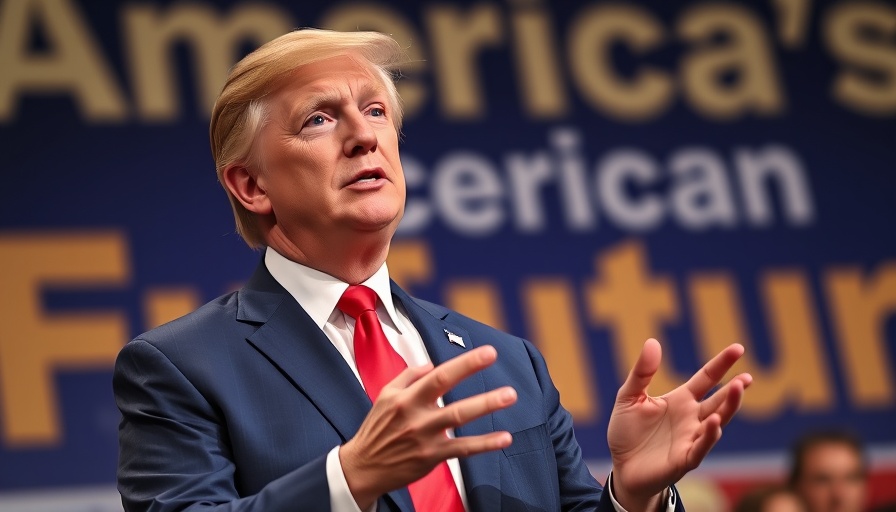
The Silk Road Saga: A Deeper Look
The recent pardon of Ross Ulbricht by President Donald Trump has sparked intense discussions about the implications of digital marketplaces and their regulation. Considered a controversial figure, Ulbricht founded the Silk Road, a platform that thrived in the murky waters of the dark web, facilitating the sale of illegal drugs and other illicit goods. His conviction in 2015 led to a harsh sentence that reflected the serious nature of his crimes, yet the pardon raises questions about justice and the balance between personal liberty and societal safety.
Libertarian Perspectives on Pardon Policies
For many libertarians, Trump’s decision represents a significant victory. It embodies a shift towards prioritizing individual freedom over government control, celebrating the belief that personal choices—even those made in the context of illegal transactions—should not lead to overly punitive consequences. Ulbricht's supporters argue that prosecuting him for operating a marketplace, albeit illegal, could set a precedent that threatens personal liberties.
Public Safety vs. Individual Freedom: The Ongoing Debate
Critics, however, caution against viewing the pardon solely through a libertarian lens. They argue that Ulbricht's actions had real-world consequences, contributing to drug addiction and crime. The ripple effects of online marketplaces could endanger public safety, making it critical to uphold laws that deter such risky behavior. The ongoing debate thus encapsulates a larger societal struggle: balancing individual freedoms with collective safety.
Impacts on Digital Marketplace Regulations
This pardon could also influence future regulations surrounding digital spaces. As online markets grow, so does the need for clear, effective governance that addresses the complexities of modern commerce while ensuring laws serve both to protect individuals and uphold justice. With increases in digital transactions and the capabilities of technology, policymakers face the challenge of creating frameworks that can adapt to this new reality.
Conclusion
The pardon of Ross Ulbricht is more than just a political statement; it challenges us to reflect on our values regarding freedom and justice in the age of the internet. As we navigate the murky waters of digital commerce, it's essential to engage with these issues critically and compassionately. As public discourse evolves, so too must our approaches to technology, law, and personal responsibility.
 Add Row
Add Row  Add
Add 




 Add Row
Add Row  Add
Add 



Write A Comment